
History of the ZeMKI
2005–2010: Founding and Establishment
On May 26, 2005, the Centre for Media, Communication and Information Research (ZeMKI) at the University of Bremen was founded under its original name, the Institute for Media, Communication and Information (IMKI).
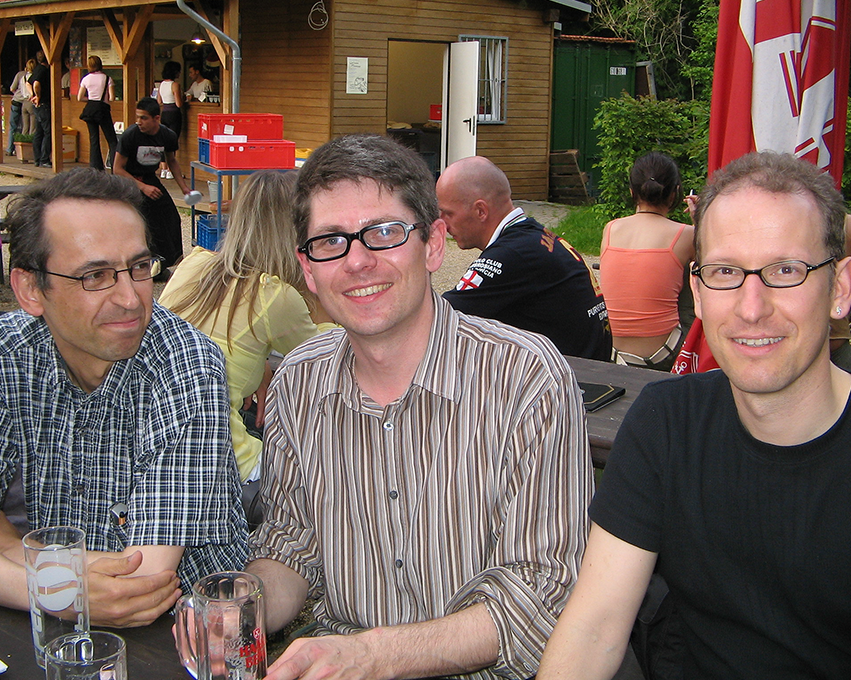
The aim was to consolidate interdisciplinary media research at the University of Bremen and foster closer content-related and methodological collaboration by linking the study programs “Digital Media” (BSc/MSc) and “Media Culture” (MA). This was intended to create new forms of interdisciplinary learning and research, strengthening both education and academic profiling.
In the following years, IMKI established itself as a relevant actor in media research, especially through participation in projects under the DFG Priority Program “Mediatized Worlds.” The institute was particularly involved in key collaborative projects led by Friedrich Krotz, Andreas Hepp, and Andreas Breiter.
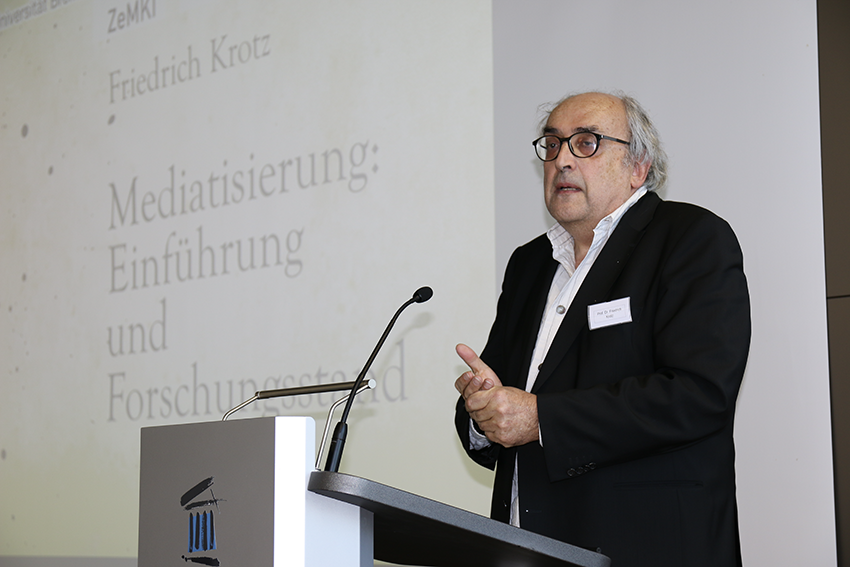
A major milestone was hosting the annual conference of the German Communication Association (DGPuK) in 2009. This event put IMKI at the center of the communication science community in the German-speaking world and significantly increased its academic visibility beyond the region.
2011–2013: Renaming, Relocation, and Structural Reorganization
As part of a fundamental reorganization, the institute was renamed “Centre for Media, Communication and Information Research” (ZeMKI) on February 9, 2011. The new name reflected a stronger focus on interdisciplinary research, particularly through the introduction of thematically oriented research labs with flexible, project-based structures. Simultaneously, the institute moved from the SFG building to its own premises at Linzer Straße 4.
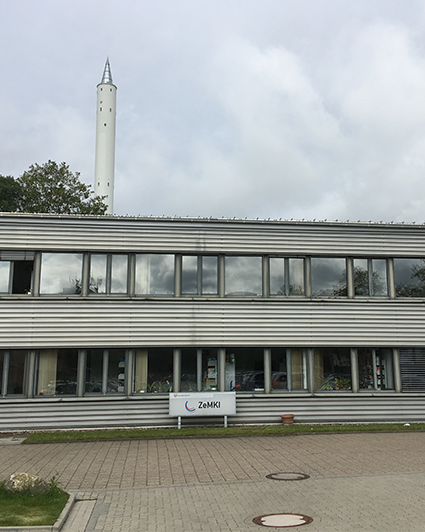
In mid-2013, the institute expanded into additional premises at Linzer Straße 6, where several studios were created for empirical and experimental data collection, audiovisual media production, data analysis, and co-working, developed for modern, collaborative research practices.
Scientifically significant during this time was the establishment of the new Bachelor’s program “Communication and Media Studies” in 2012, which broadened the teaching foundation at ZeMKI. The close collaboration with Bremen’s media industry was reflected in well-attended exchange formats like the “Media Practice Forum” for students.

That same year, a close collaboration with international partner institutions such as Goldsmiths, University of London, and Södertörn University in Stockholm began, resulting in the creation of the BreStoLon network. This network laid the foundation for ongoing cooperation in supporting early career researchers.
ZeMKI’s European network was further expanded through the European Media and Communication Doctoral Summer School, which was held in Bremen three times from 2013 to 2015. This major international summer school brought about 50 PhD students and numerous renowned researchers from across Europe to ZeMKI each year.
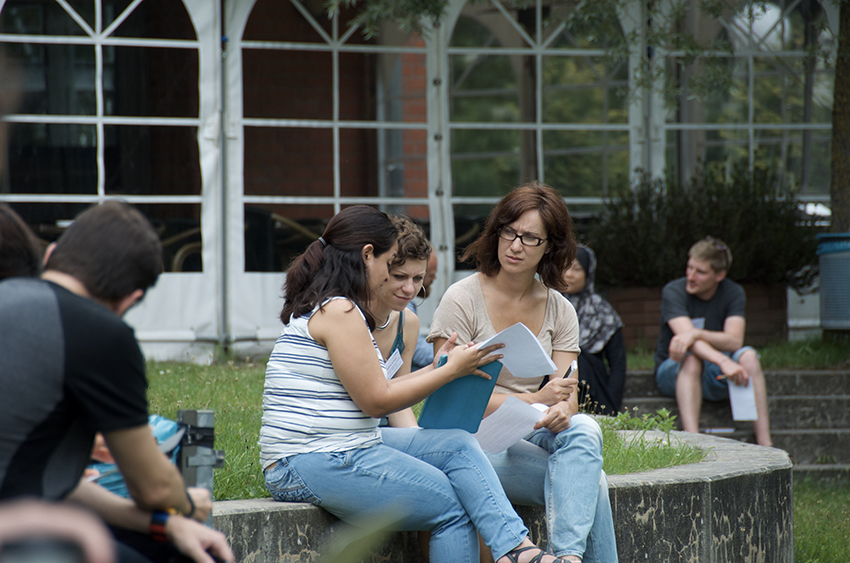
2014–2017: Consolidation, International Visibility, and New Research Collaborations
Starting in 2014, ZeMKI increasingly acted as an internationally visible research center. This was particularly evident in the development and leadership of the “Creative Unit Communicative Figurations,” a research consortium funded by the University of Bremen that developed new theoretical and empirical perspectives on the transformation of mediatized societies and cultures.
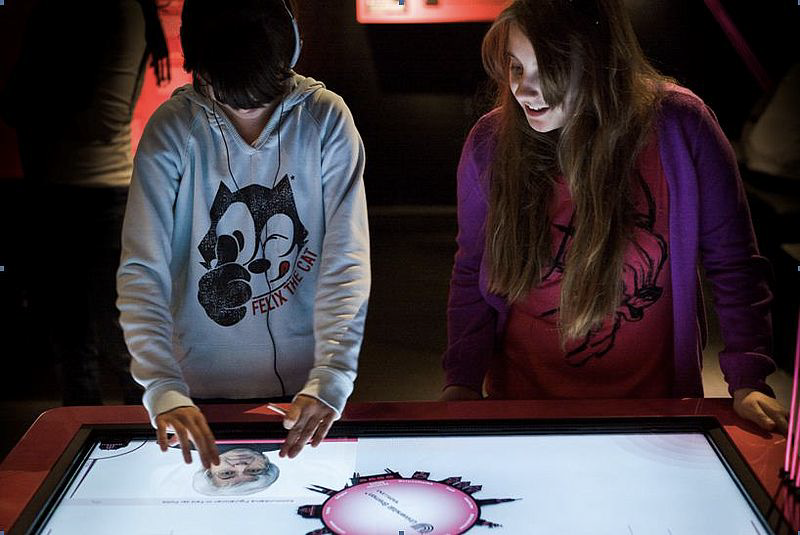
This phase also included a strategic repositioning in teaching. The Master’s program “Media Culture” was renamed “Media Culture and Globalization” to emphasize the international focus and the increasing importance of transnational perspectives on media developments. ZeMKI also expanded its role as a host of international academic events, regularly organizing conferences, workshops, and symposia. During this time, the ZeMKI Media Talks were launched—initially held at the Bremen House of Science, later at the Pusdorf Studios and the Bremen Press Club—featuring prominent guests from media practice discussing current media change, accompanied by interested audiences and the media partner Radio Bremen.
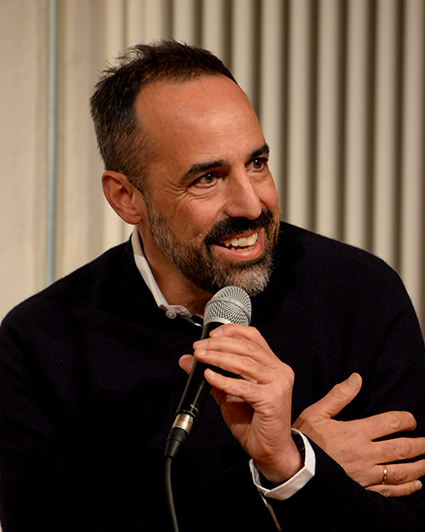
In 2017, the ZeMKI Visiting Research Fellowship was announced for the first time. Since then, it has annually invited international researchers with proven expertise in media and communication research to Bremen, establishing a sustainable exchange between local and international research approaches.
2018–2022: Institutionalization as Central Research Unit and Thematic Expansion
In autumn 2018, ZeMKI submitted a request to the Academic Senate of the University of Bremen to be recognized as a Central Research Unit (ZWE). With the successful approval in February 2019, ZeMKI was officially recognized as a research-strong, cross-faculty institution with strategic relevance for the University of Bremen.
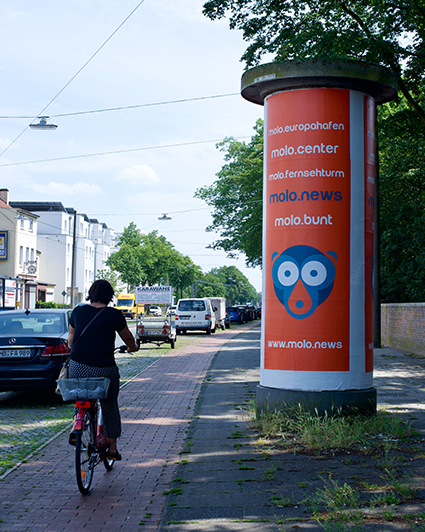
During this phase, ZeMKI significantly advanced its thematic and methodological expertise. Research and teaching areas such as digital communication, platform governance, political communication, and methodological innovation were strengthened and institutionalized in new labs. The international Master’s program “Digital Media and Society” was introduced, expanding the English-language course offerings. In parallel, the local journalism platform “molo” evolved from a ZeMKI research context into a public-impact media innovation with civic relevance.
The ZeMKI annual conferences during this time focused on major societal issues—such as data power, platformization, or the role of media in transformation processes—and contributed to establishing ZeMKI as a thematic thought leader.
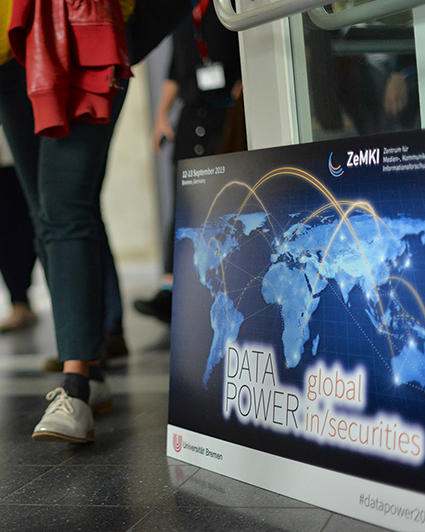
Since 2023: Research Priorities, AI, and New Interdisciplinary Structures
Since 2023, interdisciplinary research at ZeMKI has been organized around three central research priorities. This structure allows for thematically focused yet flexibly networked work across various lab constellations.
The first research focus “Automation and Datafication of Communication” examines the effects of automated communication systems and datafication on social, political, and cultural processes. Key technologies include chatbots and AI-based language systems and their influence on communication dynamics in fields like journalism, education, and political communication.
The second focus “AV Cultures” analyzes the media organization and aesthetics of audiovisual productions and their use by various actors. The aim is to combine object-oriented and actor-centered media research to gain insights into the influence of audiovisual media on political and aesthetic community-building processes.
The third focus “Digital Gaming” takes a holistic perspective on gaming as a cultural phenomenon in a mediatized society. It investigates the role of games in digital media environments and their influence on communicative practices and social contexts, taking into account transmedia and transformative aspects.
In this context, the research unit “Communicative AI: The Automation of Societal Communication” was officially established at the beginning of 2025. As a DFG research unit, it includes nine subprojects and one coordination project. The goal is to systematically analyze the far-reaching changes in societal communication due to generative AI—in public debates, journalistic practices, and political discourse.
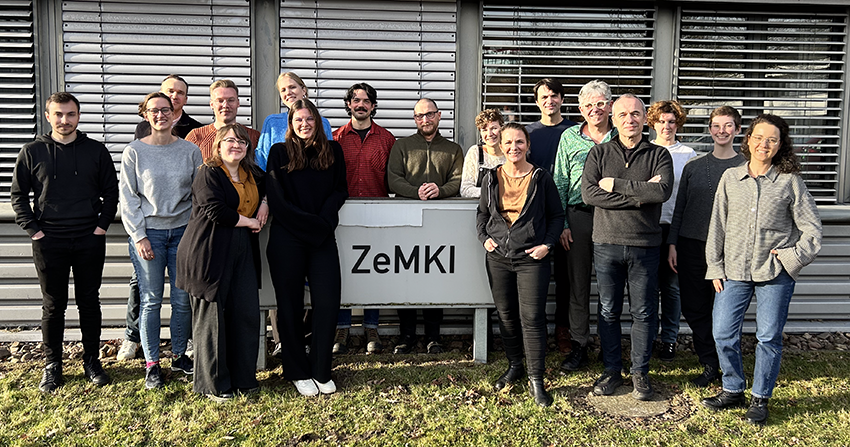
Already in 2023, the public lecture series “ComAI Lectures” began, inviting international researchers to interdisciplinary discussions on AI and communication. Also in 2023, ZeMKI hosted the annual DGPuK conference for the second time, after 14 years.
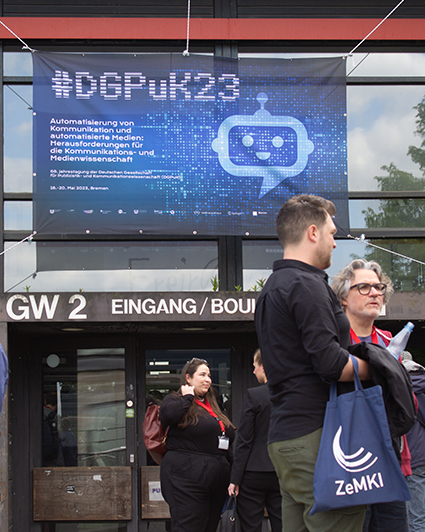
Additionally, the Master’s program “Media Culture and Globalization” was replaced by the international Master’s program “Media and Public Engagement,” which places a stronger emphasis on participatory media formats, civic engagement, and societal involvement.
With the relocation of the “Media and Religion” and “Media and Education” labs to Linzer Straße and the associated development of a gaming studio starting in 2024, ZeMKI further emphasized the experimental exploration of immersive media environments, gamification, and digital participation. International conferences on the role of generative AI in visual communication and on gaming in mediatized societies mark the current stage of a center that combines academic depth, societal relevance, and structural innovation.

